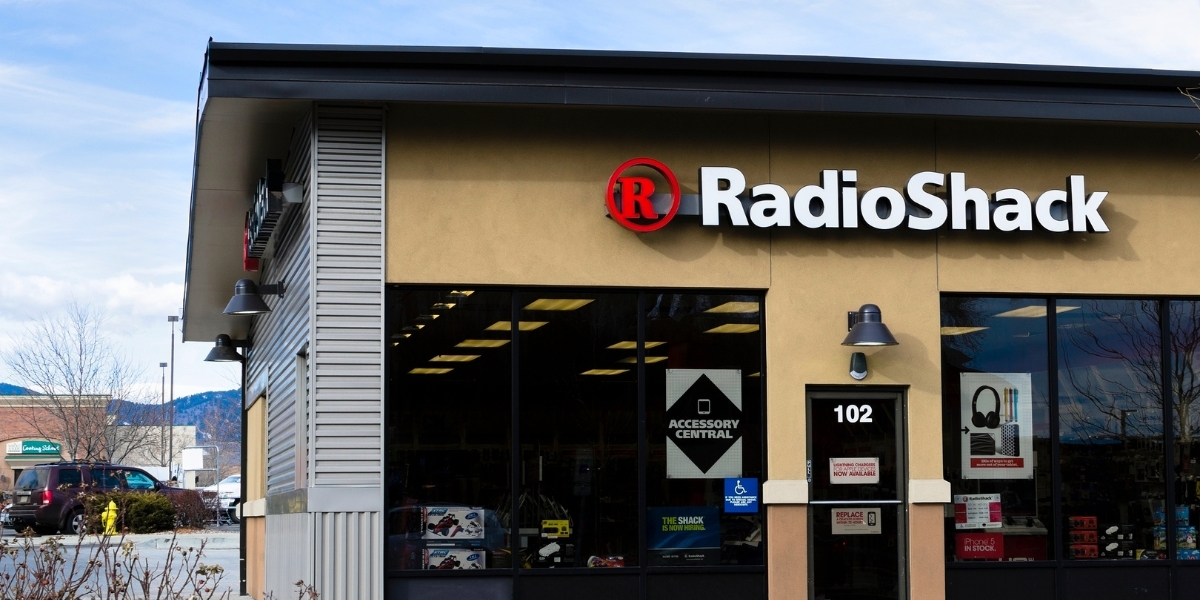So they looked at the parts of a 2005-era Radio Shack and decided to pick the least interesting merchandise, the stuff most likely to be sold in 25 other places within a 10km radius, and the stuff that has the tightest competition from Amazon/Ebay/AliExpress.
I can see a valuable niche for Radio Shack by being a “branded place” for electronics components. The hobby-hardware/maker/right-to-repair trends are obvious, but most people don’t have a good place to satisfy those demands locally. If you realize there’s a blown capacitor in your widget, even if you’d spend $5 to have it today, you probably don’t know where to buy it. There are a few specialist dealers in my town, but they tend to be weird B2B-centric shops hidden in industrial parks with non-hobbyist-friendly operating hours. Put a Radio Shack in a nearby strip mall, and it can compete with ordering off Amazon or Mouser.
The other model I could see is being to Best Buy what Dollar General is to Walmart: a smaller, even lesser store that provides an in-person shopping offering in cities to small to support the market leader. Sell one model of laptop, one range of speakers, etc.
So basically this was probably proposed by a low group of employees & supervisors in a company meeting and as it passed up through many, many, subsequent meetings each Manager/VP/CEO/Board member/Chairman removed each component that they didn’t understand or weren’t “trendy” (because IT guys are nerds, right?) and this was what was left that would ensure financial gain for a select few (through actual profit by vendors or tax benefits) At least that’s how I remember how companies work.
If they’re offering these items for less $ than I pay ordering online, and manage to have stock of all the niche items so I’m not waiting for shipping…sure. Doesn’t seem possible to do those things though?




